Searching for a sense of belonging across borders
By Ada Ezeokoli
My first month at an all-girls high school in Trinidad & Tobago, I felt out of place, grappling with the sing-song accents of my new classmates, trying to understand Soca music, Carnival, rice cooked with brown sugar. Trying to understand cricket.
I was 13 when I left Nigeria. To my classmates, I was this strange girl from Africa. “Did you learn English while on the boat on the way here?” one girl asked. Another wanted to know if we lived in grass huts, if I had ever seen a plane. I, like most Nigerians, have spoken English my entire life, I’ve lived in bungalows, and had flown to Trinidad on a plane.
Four continents, six cities, and a couple of decades later, I want to call myself a well-traveled, well-adjusted global citizen. But as I anticipated my first Boston winter while in graduate school, I found myself still struggling to belong.
It takes time to heal from the trauma of being uprooted from home, even if the reason was to give yourself a better life. To cope, some put down roots, develop close-knit friends, raise a family. For others, this dissonance manifests in the travel itch, the continuous desire to go, to see, to leave. To deal with the difficult and uncomfortable by heading to the next new and exciting destination. By starting over.
My heart longs for roots, my head for the thrill of travel. If I am a global citizen, then where is home? Where do I truly belong?
Toni Morrison writes in “The Source of Self-Regard” that globalism rattles our concept of home, and results in an “uneasiness with our own feelings of foreignness, our own rapidly fraying sense of belonging.”
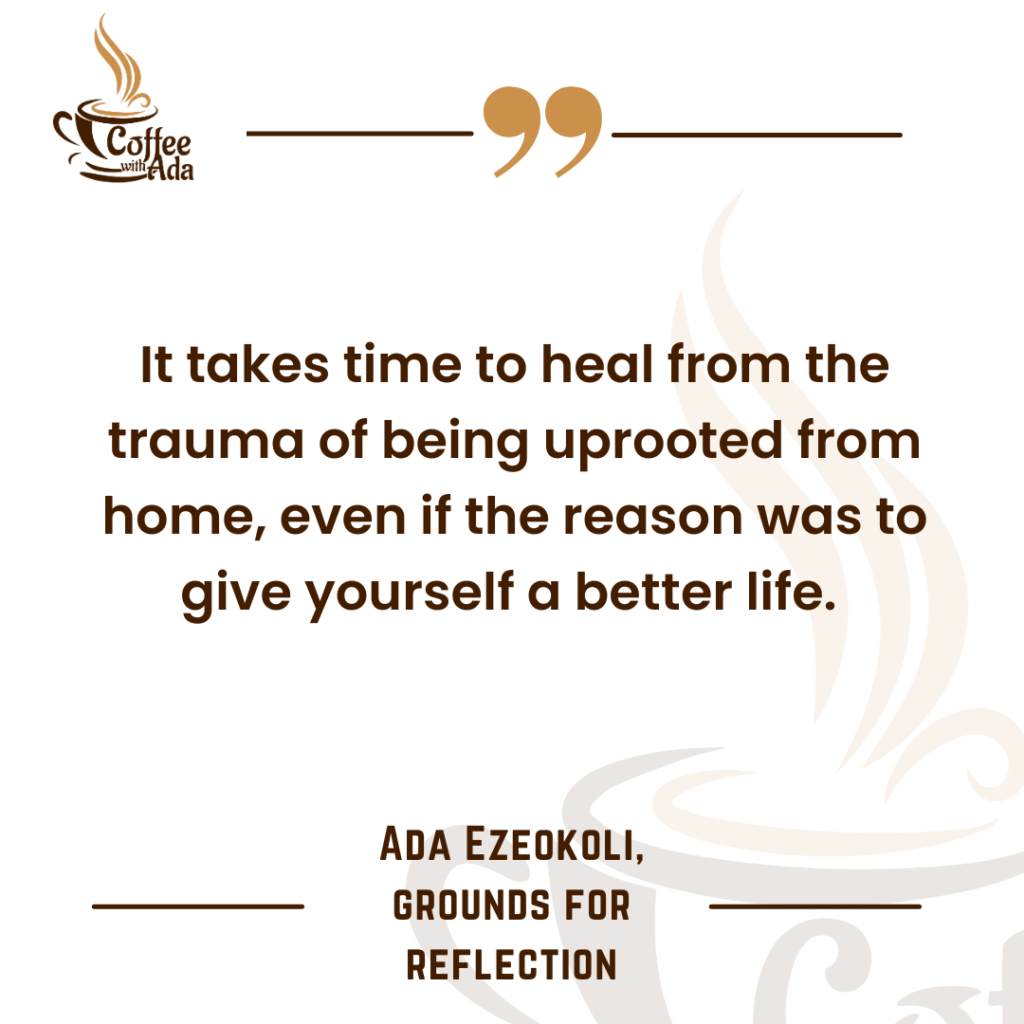
I had moved back to Nigeria after 16 years of being away, relieved to be home, to be in a country where I shared the same history, culture, and traditions with the population. The foods were familiar; the earthy aroma of bitter leaf soup, the smooth texture of pounded yam between my fingers. The musicality of my native tongue, Igbo, as it flowed from my mum’s lips, wrapped me in its embrace.
I was at home, but was I home? The memories of Georgia, with its peaches, sweet tea, Baptist churches, and Chick Fil’A; the nostalgia of watching Jerusalem’s Old City walls gleam in the sunset, eating challah at Shabbat and grabbing coffee at Aroma, surfaced, and would not be forgotten. I was Nigerian, but could I ever be Nigerian enough? My feelings of foreignness, even in my own land, my fraying sense of belonging, bothered me.
I came to Boston to study, after a decade living in Nigeria’s capital, Abuja. I have tried clam chowder. It wasn’t bad. I don’t understand tailgating, food without pepper, and I dread winter. Maybe one day, these too will feel familiar.
Globalism has given me a good life. It has opened me up to new ways of seeing the world, has provided rich experiences of cultures and traditions. It has given me family across the globe. I am grateful for this, for in the true sense of the phrase, the world is my home.
Yet, the concept of belonging forces me to choose. To choose loyalties, traditions, norms that will be passed on to the next generation. And in the face of the global citizen, in my face, Morrison asks: “To what do we pay greatest allegiance? Family, language group, culture, country, gender? Religion, race? And if none of this matter, are we urbane, cosmopolitan, or simply lonely? In other words, how do we decide where we belong?”
How do I decide where I belong? Is it where I am most comfortable, or where I am most accepted?
Am I cosmopolitan, or simply lonely?

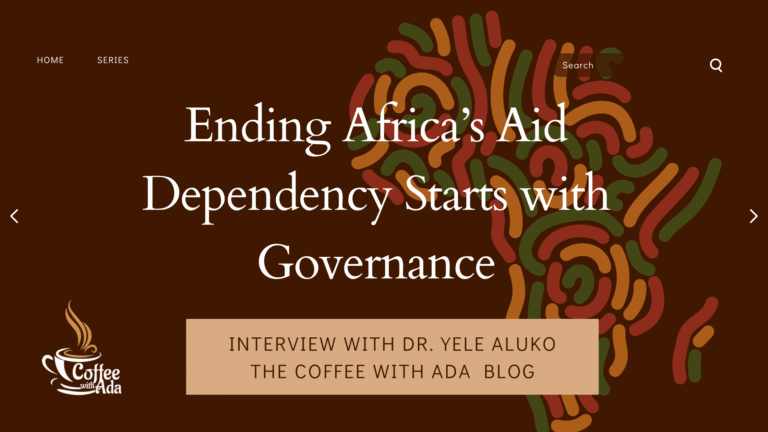
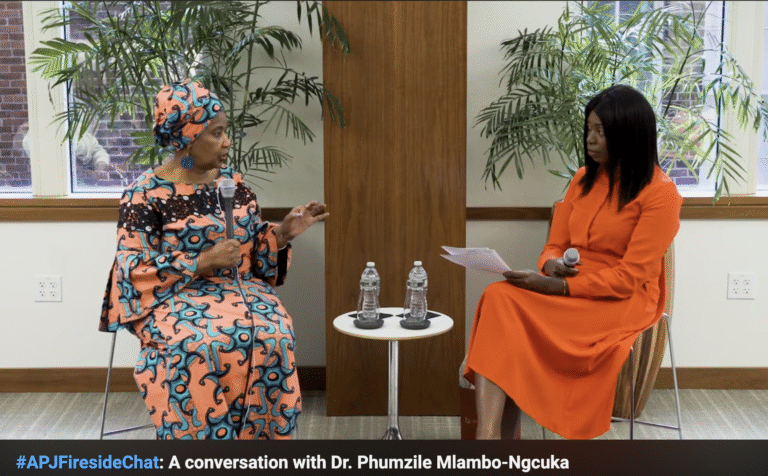
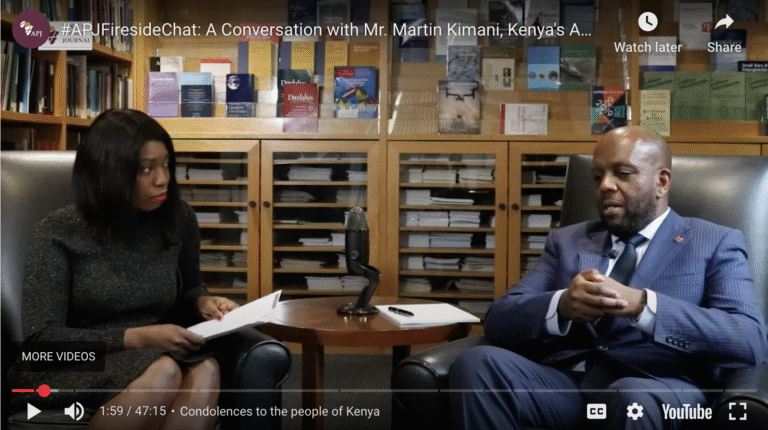
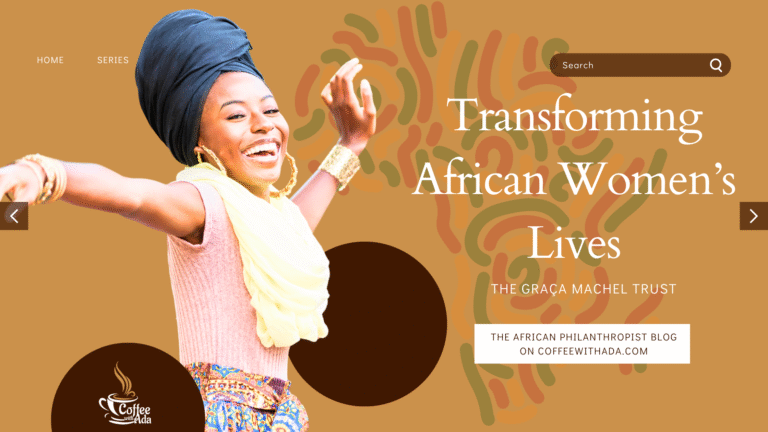
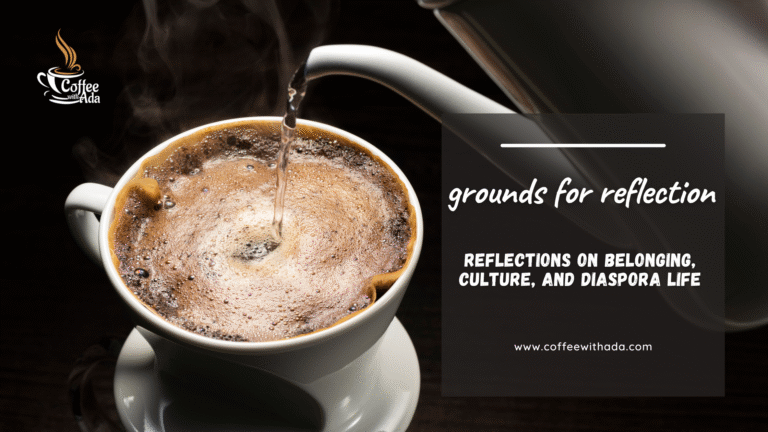
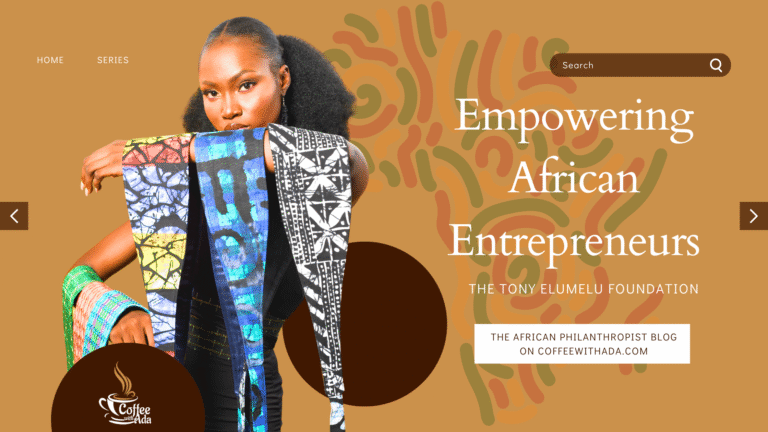

2 Responses
Wow. Great piece. So much to ponder upon.
Enjoyable and very relatable read. As someone who has been away from home since the age of 17, you wonder what to truly call home. You believe you belong but yet you stand out as different and this is the same feeling when you go back to your motherland.
I’ve found peace in realising that it’s only left to us to find peace in the settlement we are in and belong to moment and place. Even when our hearts feel out of place, we can focus on the serene calm of now until the next adventure calls.
Stay global so you can serve us such reads